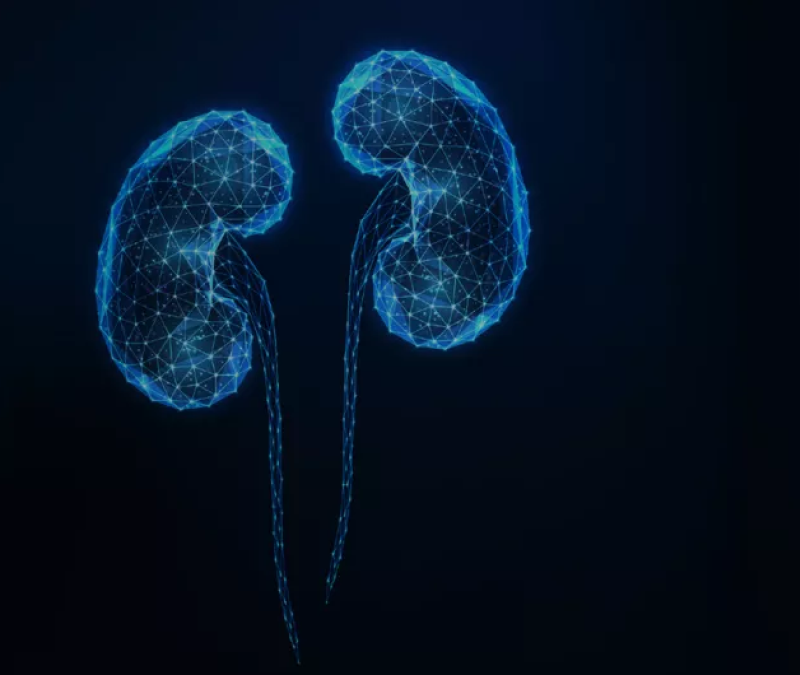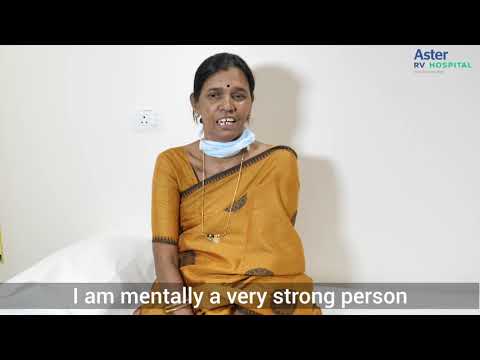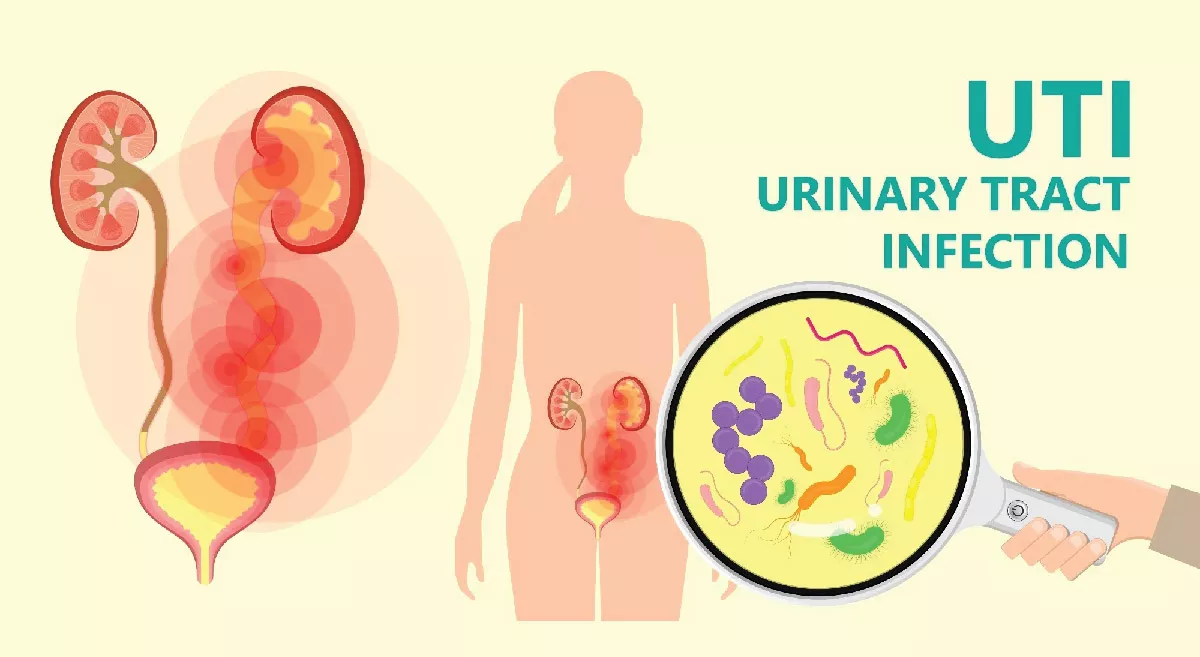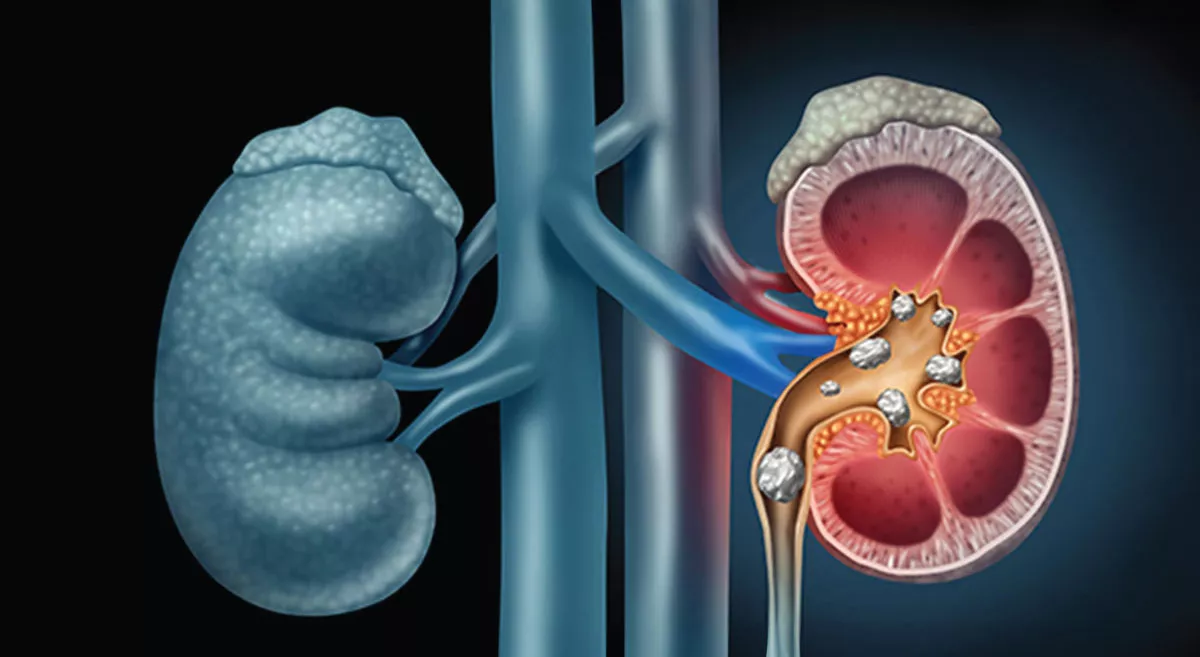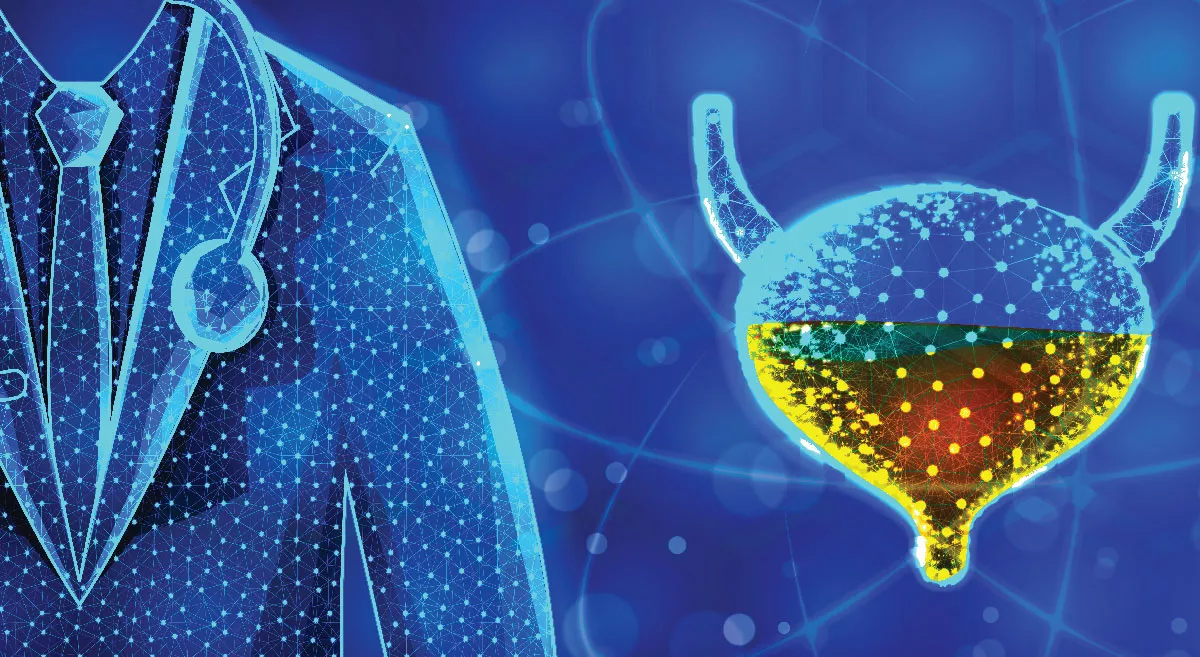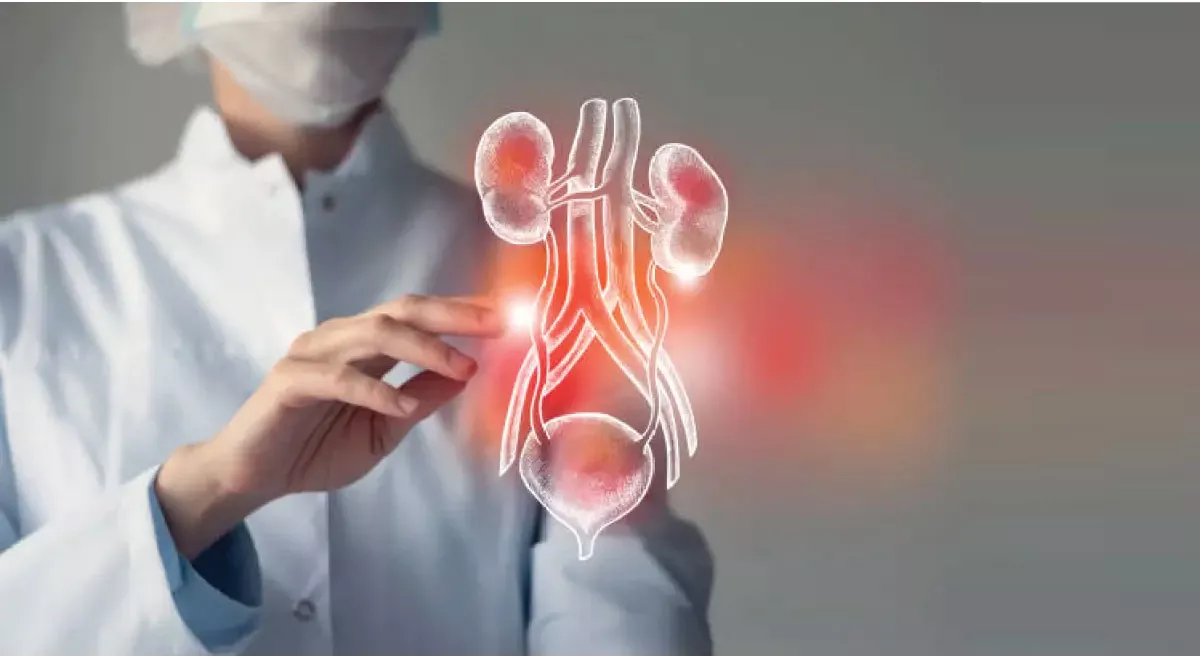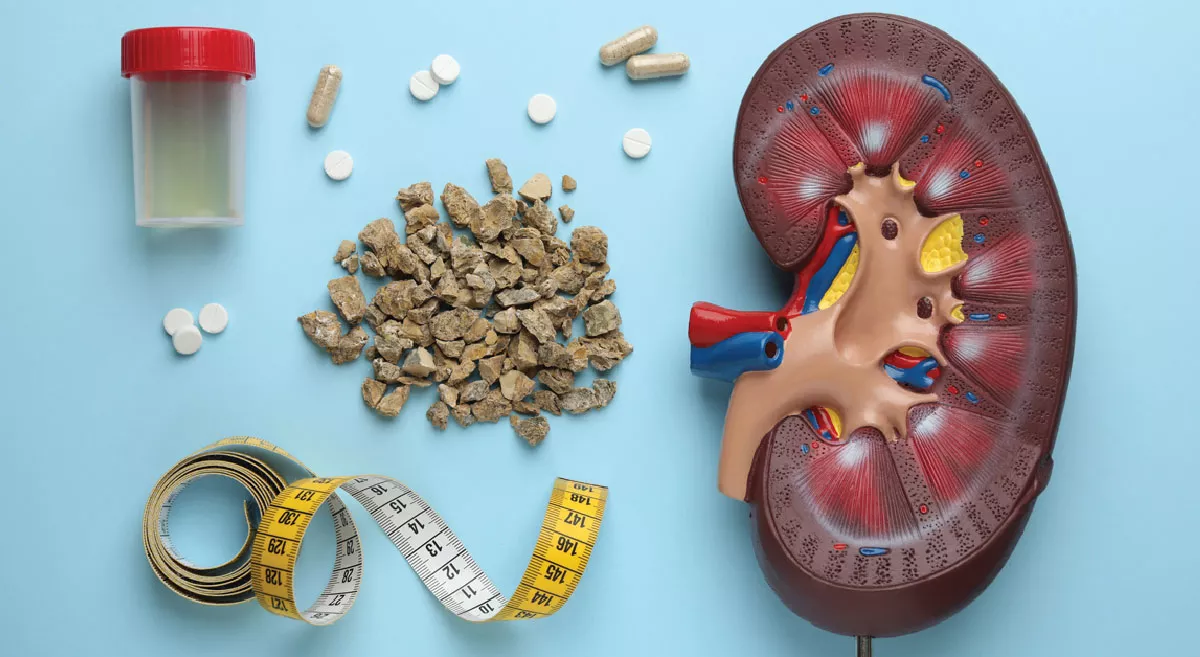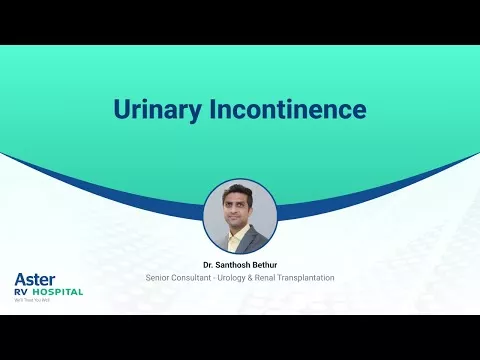The department of urology at Aster RV Hospital JP Nagar, Bangalore offers a wide range of specialised services to treat disorders related to the genital, and urinary organs including cancers, incontinence, prostate diseases, bladder deformities, and renal diseases.
Our urologist in bangalore are highly-qualified and work with cutting-edge technology and world-class infrastructure to deliver the best clinical outcomes, effectively. Aster RV is one of the best urology hospital in Bangalore and equipped with the best urologist in JP Nagar, Bangalore and andrologist in Bangalore.
Robotic surgery at Aster RV is conducted using the Da Vinci Surgical Robot. We have a state-of-the-art robotic system designed to perform complex surgeries in a minimally invasive manner with greater precision and efficacy. Robotic surgery is used to perform prostatectomy, nephrectomy, pyeloplasty and ureteral reimplantation
Our Doctors
We have some of the best specialists from around the world, they bring years of experience and offer evidence-based treatment to ensure the best care for you.
Treatments & Procedures
We provide comprehensive treatment for all types diseases under one roof. Our highly experienced doctors supported by especially trained clinical staff, ensure the best care for you.
Patient Stories
Our patients are our best advocates, hear the inspiring stories of their treatment journey
Blogs
The source of trustworthy health and medical information. Through this section, we provide research-based health information, and all that is happening in Aster Hospital.

